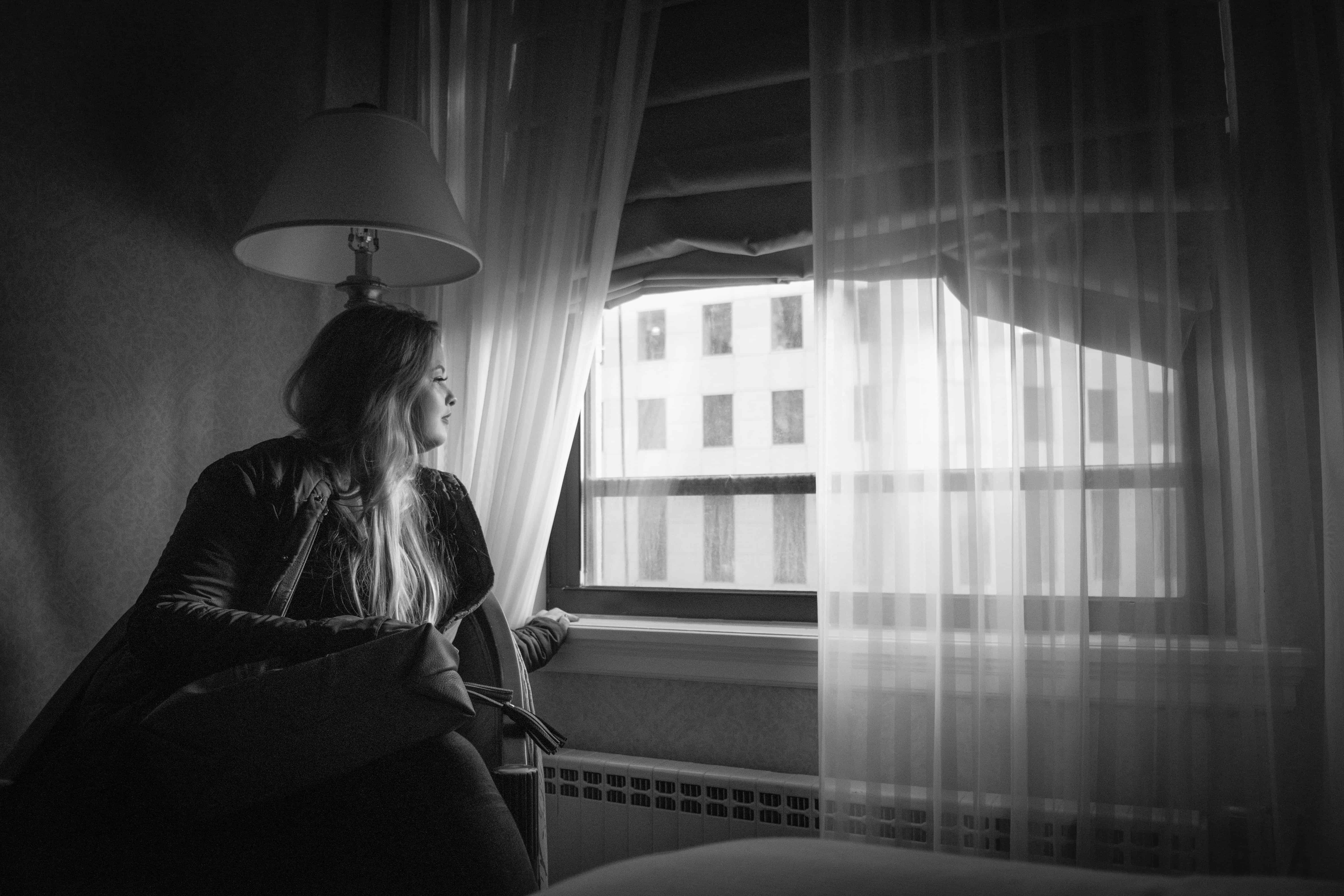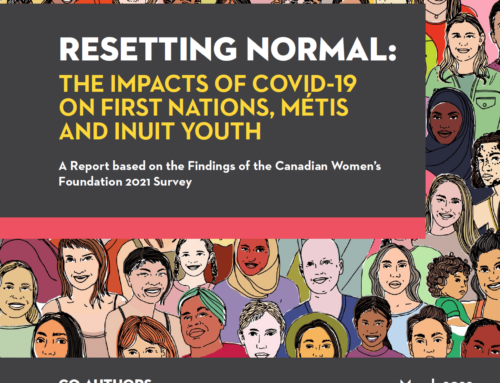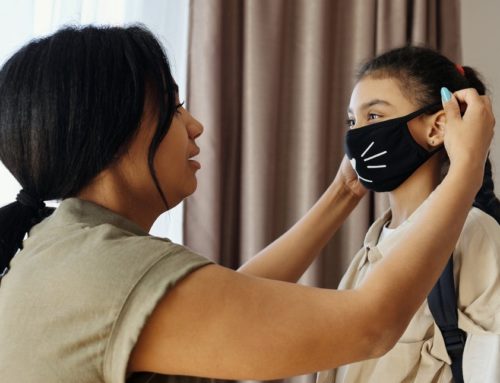Pour la version français, cliquez ici. / for the French version, click here.
Women in Canada are significantly more worried about the COVID-19 crisis than men. For example, a recent poll by Abacus Data found that 49 per cent of women reported feeling “very worried” about the outbreak, compared to 33 per cent of men. Thirty-seven per cent of men said they are “not worried at all” or “worried only a little” about the outbreak.
The data also shows that men are less likely to follow the advice of public health officials around staying home and social distancing.
Given the age range of those most worried about the virus, parental concerns may play a role . Here, women still seem to carry a bigger burden of worry.
Concern and attention given to family is sometimes referred to as “worry work.” The person in the family unit who takes on the largest brunt of worry work is often the “designated worrier” in the household. Many studies on heterosexual couples have found that women take the “worrier role” on more than men studies on heterosexual couples have found that women take on this role more often than men.
This dynamic is reflected in another opinion survey by Leger which found that 75 per cent of female respondents were afraid of a family member contracting the virus, compared to 64 per cent of men.
But why do women worry so much more than men?
We’ve seen the trope in media: a calm, collected husband with a busybody wife, spiraling about everything that is going wrong or could go wrong. Concerns common to women are often treated this way, easily dismissed and repackaged as comedy fodder. It’s one of the ways sexism and male dominance plays out invisibly. It disguises women’s valid concerns and anxieties in the work of preparedness, as well as their unpaid caregiving responsibilities.
Some have argued it’s biological – that women are programmed to be more risk-averse to be able to care for their children. But a breadth of studies have also uncovered sociological and societal factors at play in women’s risk management work.
An obvious, non-biological factor is that women have a lot of things to be worried about. An Australian study found that women are much more likely to worry about social issues, many of which disproportionality affect them. This includes “poverty, unemployment, racism, the economy, international affairs and the environment.” Women think about and live through these issues in unique ways, and some women, are doubly and triply impacted due to their intersectional identities. Racialized women experience both racism and sexism, for example, and they are more likely to face poverty.
Women are also more likely to face physical and mental abuse, which is linked to higher incidence of anxiety disorders . That can certainly add to their worries about their children and others they care for.
In this time of a global pandemic, women’s very real worries about the economy and unemployment are only magnified. Thousands of people in Canada have been laid off and are relying on emergency aid. Women are undoubtedly feeling the crunch fulfilling the role of “designated worrier” as they juggle work, childcare, and eldercare.
If you are one of the many worried women right now, consider trying to take a step back, logging off the internet every so often, and finding small moments for yourself.
And we can all do something to alleviate the burden of worry for vulnerable women in Canada in this crisis. It’s more vital than ever that we support all femme folks all over the country. If you are able to support others during this crisis, please contribute to our Tireless Together Fund now!
Learn more:
Women’s Leadership in COVID-19: Seen and Unseen
The Difficult Economic Side-Effects of COVID-19 for Women
The Gendered Impacts of Coronavirus







